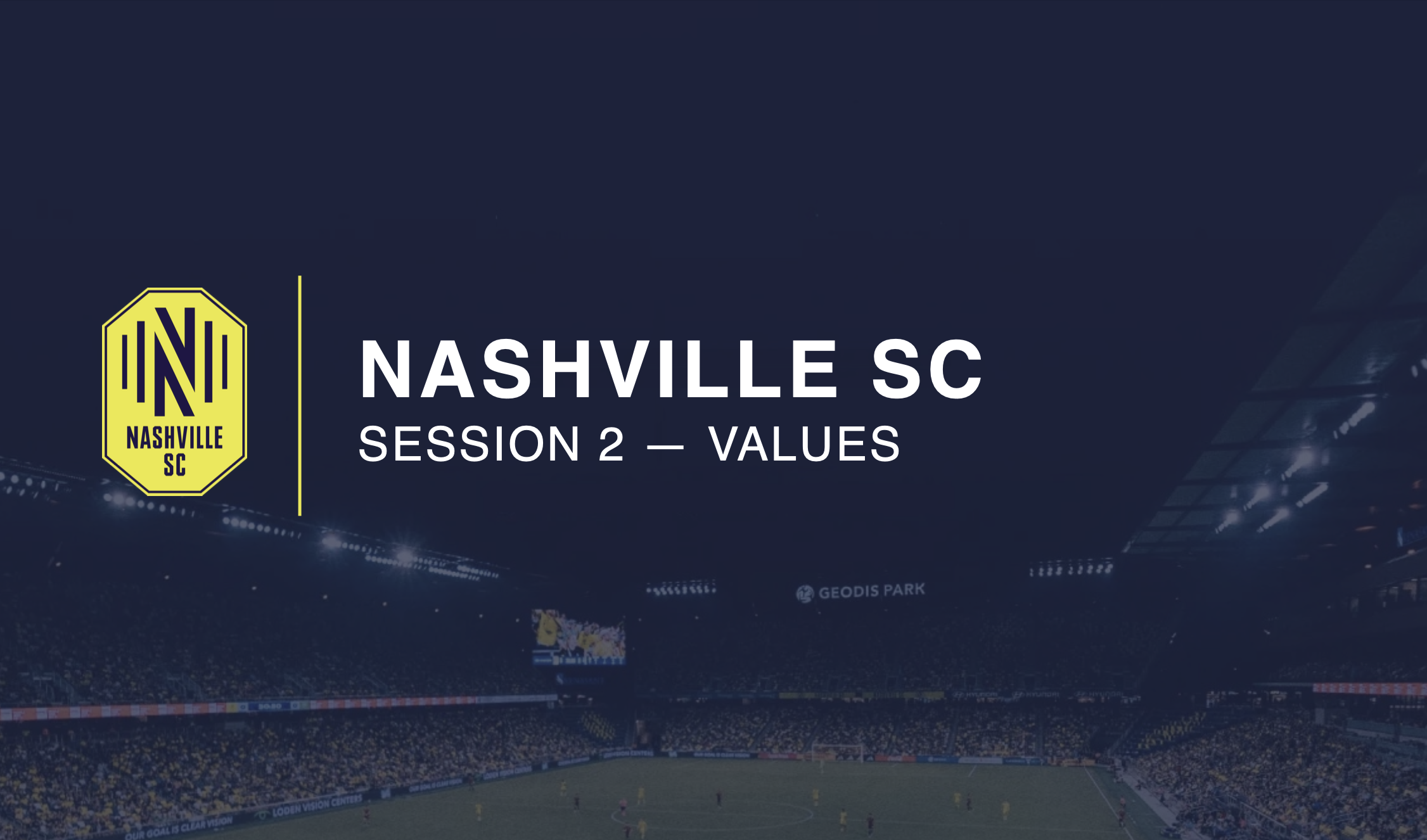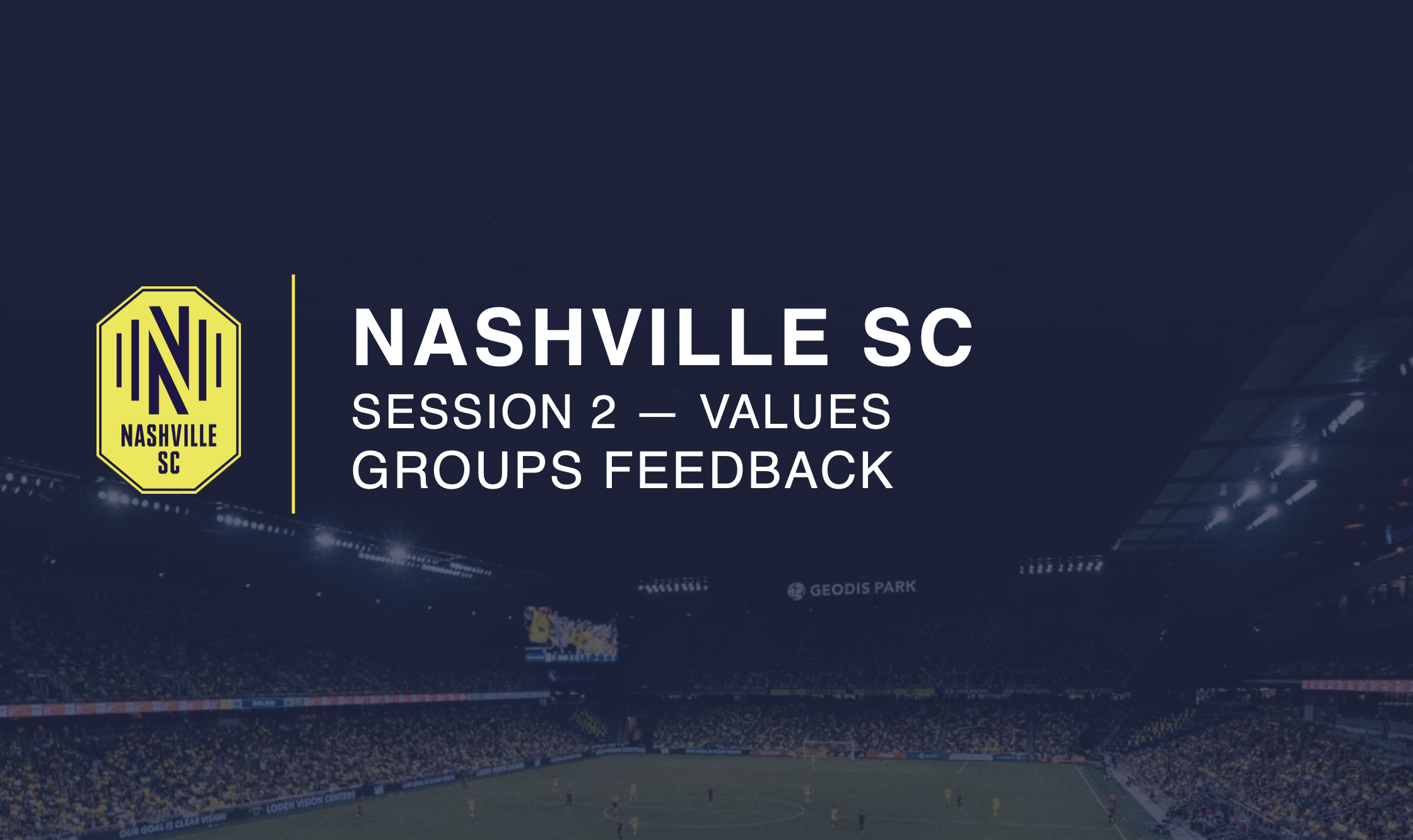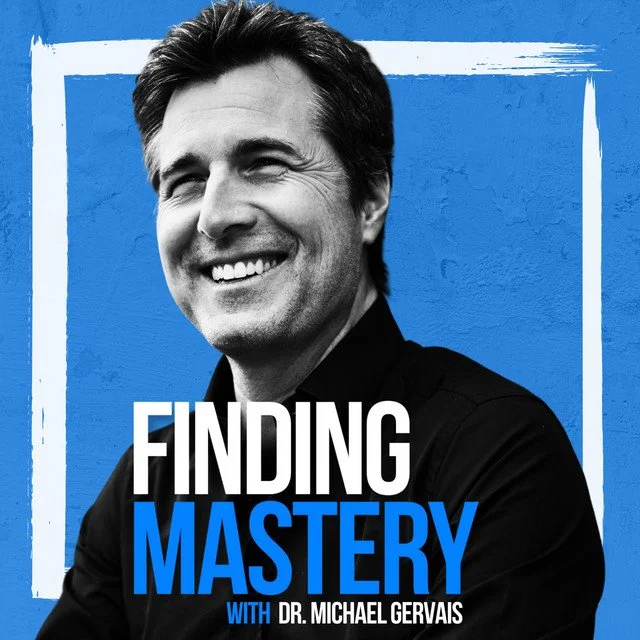
PRESEASON
Session 1: The Pursuit of greatness
greatness is “selfless exceptionalism” which is the place beyond success, as defined by world renowned sports psychologist Dr. David L. Cook. Both of these components are critical to greatness. Without the “selfless” component champions are often egotistical, proud, selfish individuals who serve little beyond their own appetites and interests, becoming poor role models for [their teammates and] future champions. They often live lives they are unfulfilled no matter the number, size, or scope of their accomplishments. And without the “exceptionalism” component individuals can sink into mediocrity, lack of competitive spirit & uses achievement as divisive behaviors that create separation or division between people.
“greatness is open to all but only pursued by a few.”
— Dr. David L. Cook
When put together, ‘selfless exceptionalism’ creates high-achieving performers whose specific aim is to make those around them better. Greatness is reserved for those with a servant’s heart and humility. Greatness is expressed most authentically and powerfully as selfless exceptionalism during defining moments of both life’s greatest performance achievements and life’s greatest challenges, including uncertainties, adversities, unrest, setbacks, defeats, and chaos. Selfless exceptionalism during tough times becomes the foundation of thriving versus surviving. You have to win the inner game in both mind and heart to reach greatness. To do that, you must be very intentional, have extreme clarity, and constantly be a work in progress.
How do I achieve greatness with ‘selfless exceptionalism’?
The exercise below is for you as a player, but make sure you consider the team goals and desires so they can be aligned and complementary if possible.
It starts first by answering these 4 questions…
Where do you want to go? (Focus)
How bad do you want to get there? (Passion)
What mental, emotional, personal, and performance skills do you currently possess to help you handle the hardest challenges and biggest adversity’s AND in the areas you don’t, what do you need to do to possess those skills (Awareness & Resilience)
How do you measure your improvement and growth and use your resources, mentors, and network to support you?(Reflection & Guidance)
Expressive Journaling Protocol
Spend time in these four questions answering all of them with extreme detail, certainty & transparency. The depth, clarity, & honesty to which you answer these questions says it all. Performers don’t fail because they don’t try; they fail because of the answers to these four questions.
Two Ways to Approach the Exercise:
Write about all four questions every day for 4 days:
Each day, answer all four questions with honesty and great detail.Focus on one question per day for 4 days:
Dedicate each day to deeply exploring one question.
Steps:
Set a timer for 20-30 minutes.
Keep writing continuously.
Don’t worry about grammar or spelling. If you run out of things to write, repeat until the timer goes off.Reflect on what you wrote.
When the timer goes off, take a deep breath and feel proud of your effort.Repeat daily for 4 days.
This repetition will spark awareness and creative insights, creating new neural pathways in your brain.
*Influenced & adapted from the book “greatness” by David L. Cook - World renowned sports psychologist & consultant to championship teams.
Gratitude Exercise
Gratitude is a powerful tool for mental and emotional well-being, helping shift your focus to what you have, rather than what you don’t. There’s always something to be grateful for, even on tough days. Remember, you’re part of the top 0.1% of the world—thousands of aspiring soccer players exist, but only a few make it to your level. Your hard work, sacrifices, and resilience have brought you this far, and recognizing that is a powerful reminder of how much you’ve accomplished. Use that gratitude to fuel your journey forward.
Instructions:
1. Find a Quiet Space
Sit in a comfortable spot where you can reflect quietly.
2. Take a Deep Breath
Inhale deeply for a few seconds, hold, and then exhale slowly. Clear your mind.
3. Write Down 3 Things You’re Grateful For
These can be small or large, personal or general.
Examples:
Grateful for today’s conversation with a teammate.
Grateful for my walk in nature this morning.
Grateful for the time I spent with my family today.
4. Reflect for a Moment
Read through what you’ve written and take a moment to feel appreciation for these things.
Session 2: Values & Anchors
In this session, we will unpack the powerful and necessary foundational blocks for all great teams, Values and Anchors. All good teams have them, but great teams LIVE them!
Values/Anchors can be a major differentiator in the success a team has from year to year. Therefore, as we go into this season, ask yourself these 3 questions daily:
Do I know all of the Values/Anchors?
Am I applying the Values/Anchors on a daily basis?
How am I protecting the culture using these with my teammates?
Why are Values/Anchors important?
Same language we can all use
Keeps us grounded
Influences our actions
Keeps us focused on what matters
Brings us back when we lose our way
What are Values/Anchors used for?
Provides guardrails for our culture
Fostering accountability by holding ourselves and each other to these standards
Celebration when we see them lived out
Hold us together when we face challenges and adversity
How do you know when we are living our Values/Anchors?
Not when…
the players know
the staff and front office knows
the fans and community knows
It’s when…
Someone completely outside your system can see them in action and use them to explain you
Below you will see all of the groups feedback from the Values/Anchors Session. Please take the time to read each one and reflect.
-

Session 2: Values & Anchors (Presentation)
-

Session 2: Values & Anchors (Groups Feedback)
Session 3: Routines and Rhythms
“Every battle is won, before it is fought.”
— Sun Zu, Art of War
In this session, we’ll dive into the importance of routines and rhythms for athletes and how they help maintain high-level performance on and off the field. Routines and rhythms aren’t just something great individuals and teams have—they’re something they live.
As you go through this session, ask yourself:
Do you have daily, weekly, and game-day routines and rhythms?
Can you take some time to test, re-look, and improve your routine and rhythms to perform at your peak?
Why Are Routines and Rhythms Important?
Preparedness: Ensures you’re always prepared and ready.
Structure: Helps manage your time, energy, and focus.
Balance: Supports long-term success in both professional and personal life.
Mental Emotional Clarity: Reduces distractions and stress and keeps your focus.
Emotional Resilience: Builds self-awareness for difficult and challenging situations.
What Are Routines and Rhythms Used For?
Create Consistency: To perform at your best consistently and with purpose.
Accountability: To meet expectations and keep improving.
Well-being: To support mental health, reduce stress, and ensure rest.
Team Culture: Creates alignment, respect, and unity within the team.
How Do You Know When You Are Living Your Routines and Rhythms?
Automatic: When it becomes second nature and subconscious.
Visible Results: When your performance improves, and the team is more in sync.
Accountability: When everyone is holding themselves and each other to the same standards.
Feedback: When others notice the positive changes in performance and culture.
Reflect on these and commit to crafting routines and rhythms that will help you perform at your peak.
Mastery is an Infinite Game
Simon Sinek & Mike Gervais
Listen to the Full Episode Here
Long Term Potentiation
Dr. Daniel Amen
-
Routines (Keynote Presentation)
Session 4: Backstory
WHAT’S YOUR STORY?
Our individual story is the most powerful way for people to connect to each other for any journey ahead that is new, hard or long. Every person has a story that is important. When we share our story we find points of intersection with other individuals that help us connect greater, empathize more, and deepen our relationships with one another.
“If I can tell my story truthfully and the feelings that go with it, I am known. People who are known ask for help, receive help, and give help. Good things happen to people who are known.”
— Chip Dodd, Ph.D
All of our stories need to be heard because it affects how each of us will contribute and be a part of this team. This team will go as deep as you want it to go, but first you must start with your story.
Reflect, write and share parts of your story using these guiding questions:
Tell us about yourself personally (family, kids, hometown, etc.) & your professional journey (college, pro, etc.) *2min on this question
What was a defining moment in your life that shaped who you are today? (Non-soccer)
Who was the #1 soccer influence in your life & why?
Tell us about one of your toughest failures & greatest successes.
Considering everything above, what is one attribute you are going to bring to the team this year?
Why Standards Matter
Standards are more than rules; they are commitments. They help us hold ourselves and each other accountable, drive our collective growth, and ensure alignment as we pursue the journey ahead. We will define the Standards that will guide both positional groups and the team as a whole throughout the season.
Each positional group will meet to determine:
Two standards most important to your positional group.
Two standards most important to the entire team.
Facilitation of the Meeting:
Individual Preparation: Each member comes to the meeting with their own set of standards—two for the positional group and two for the team.
Group Discussion: In the meeting, everyone shares their standards. A designated facilitator will write them down and organize them into “buckets” using tools like a flipchart.
Open Dialogue: The group engages in an open discussion to identify similarities, explore differences, and debate recommendations.
Reporting Back: Each group will present its final recommendations to the entire team on February 12.
Then, on February 12th, we will share our positional group Standards and we will decide on our Team Standards for 2025.
Session 5: Standards
-
Standards (Presentation)

